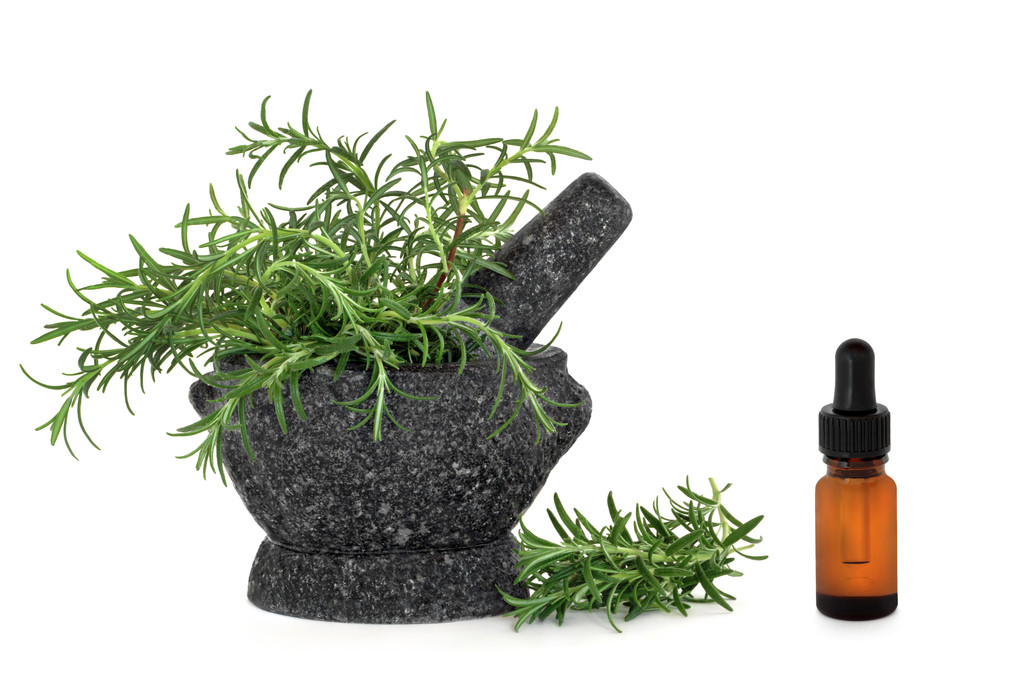Drying rosemary is very easy and makes the delicious spice durable. We explain how you can dry rosemary in different ways.
Drying rosemary: Here’s how
Rosemary is a particularly aromatic and powerful spice. It is easy to grow in the garden, on the balcony or even on the windowsill. You can use it fresh, especially in the warm season. Then you can also build up a small supply for the winter – for example by making rosemary oil or drying the plant.
If you want to dry rosemary, you have two options:
You let it dry slowly in a dry and warm place.
You dry the herb in the oven.
Drying in the oven is much faster. However, you need additional electricity. It’s only a good idea if you don’t have a way to preserve the rosemary in a dry place.
Drying Rosemary: Harvesting and Preparation
You can harvest rosemary in the summer months, when it is most aromatic. To harvest the rosemary, cut off as many sprigs as you need. Regular harvesting can replace pruning the plant.
The best time is in the morning or mid-morning, once the dew has dried on the branches. It is good if the plant has received plenty of sunshine in the previous two days. Then the aromas are particularly strong.
You should avoid washing the rosemary. The branches lose their aroma. However, remove dried or wilted parts of the plant.
Air dry rosemary
Dry rosemary by bundling it up and hanging it in a dry, airy place. For this you need:
scissors
yarn
rubber band
Use the rubber band to bundle up to eight sprigs of rosemary into a small bouquet. Tie a piece of string to it so you can hang the waistband upside down.
A suitable place for drying is important. It should have the following properties:
warm (optimal are 21 to 27 degrees)
dry
airy
preferably without direct sunlight
Once you have found a suitable place, hang up the rosemary bouquets. You leave them hanging until the branches are noticeably dry and brittle. This takes several days. Exactly how long is difficult to say. That depends on the individual circumstances.
As soon as the rosemary is dry, you can remove it and store the whole sprigs airtight. You can also pluck off the individual needles and store them in an old screw-top jar.

Drying rosemary: in the oven
To dry the rosemary in the oven, it is best to place the individual sprigs on a grid. They shouldn’t touch. Put the grid in the oven at the lowest temperature (maximum 50 degrees) and leave the oven flap open a crack so that the moisture can escape.
After about three to four hours, the branches should feel dry and brittle. If not, leave them in the oven longer and check regularly. Once the sprigs are dry, you can store them the same way you would air-dry rosemary.
With the oven method, however, consider the high energy consumption and prefer air drying. You may be able to house your rosemary with friends or relatives if you don’t have a suitable room. They will certainly be “rewarded” for their hospitality with a glass of dried, fragrant rosemary.




